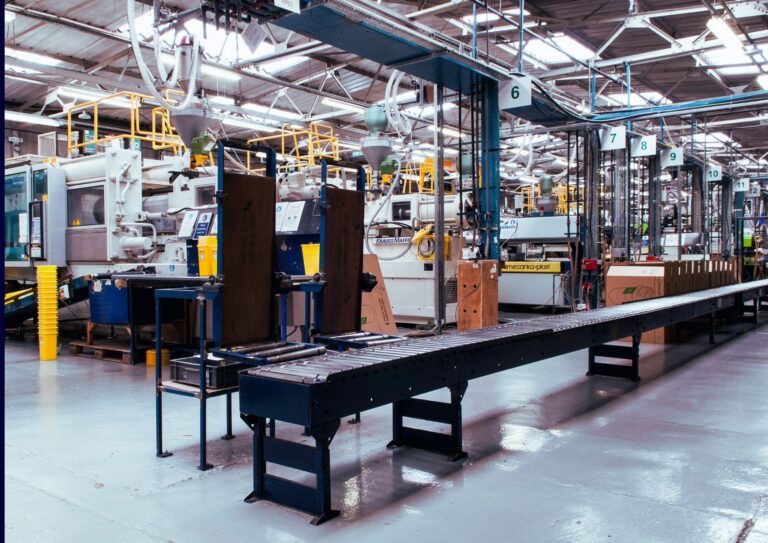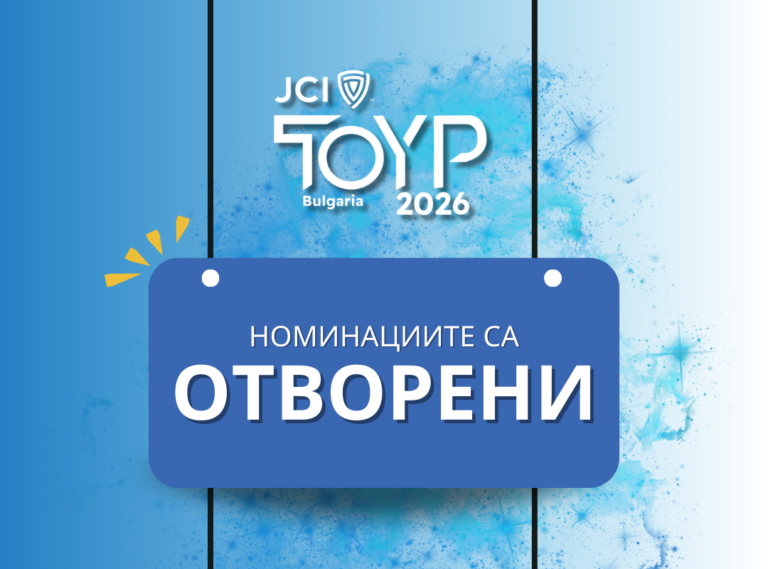How Your Personality Type Can Influence Your Career: The Myers-Briggs Test
The Myers-Briggs Test (MBTI) is a popular personality assessment tool that plays an important role in career guidance and personal development. The test was created based on Carl Jung's theories of psychological types and was developed by Catherine Briggs and her daughter, Isabelle Briggs Myers, in the mid-20th century. Today, it is widely used to help people understand their personality type and how it may affect their careers and day-to-day interactions.
Main features of the Myers-Briggs test
The MBTI test is based on four pairs of opposing preferences that form 16 different personality types. Their structure is as follows:
- Extraversion (E) and Introversion (I): This dimension looks at how a person draws energy. Extroverts prefer social situations and active interactions, while introverts prefer calmer and more secluded environments where they can focus on their inner world.
- Sensitivity (S) and Intuition (N): This pair refers to the way people perceive information. Sensory types focus on details and practical information, while intuitive types see the big picture and rely on abstract ideas and future possibilities.
- Thinking (T) and Feeling (F): This dimension looks at how people make decisions. Thinking types are guided by logic and objectivity, while Sensitive types base their decisions on personal values and emotions.
- Judging (J) and Perception (P): This dimension refers to the way a person deals with the world. Judging types prefer organized and structured environments, while Perceiving types are more spontaneous and flexible.
Examples of combining pairs of opposites:
- ISTJ (Introvert, Sensing, Thinking, Judging): Practical and reliable, the ISTJ type loves stability and clarity, often choosing careers in accounting or project management.
- ENFP (Extrovert, Intuition, Feeling, Perceiving): Creative and energetic, ENFPs often find fulfillment in professions such as marketing, journalism, or creative writing.
How the Myers–Briggs Type Indicator (MBTI) helps in choosing a career
The Myers-Briggs test can be a powerful career guidance tool, helping people better understand their strengths and preferences. This understanding can be key in choosing a suitable career and planning for the future.
- Identifying strengths and weaknesses: The MBTI reveals how different personality types cope with work environments, tasks and relationships. For example, extroverts may do better in occupations that require active interaction with people, such as sales or public relations, while introverts may prefer careers that allow concentration and analysis, such as research or writing.
- Selection of suitable working environments: Each personality type has specific preferences regarding the work environment. Thinking types may seek careers in engineering, science, or technology, where logic and analysis come first. Sensitive types may gravitate toward social activities, healthcare, or the arts, where there is a greater focus on relationships and values.
- Development of personal strategies: The test also helps people deal with challenges in their careers. For example, if someone is an intuitive type and struggles with detailed tasks, they can develop strategies to improve productivity and address these weaknesses.
Personal development and coping skills
MBTI not only helps in choosing a career, but also offers opportunities for personal growth. Because the test clarifies how we interact with others and how we perceive the world, this awareness leads to better interpersonal communication and more effective working relationships.
- Improving communication: Knowing other people's personality types helps us adapt to different communication styles. For example, if we are working with an introvert, we can give space for reflection and expression, while extroverts would appreciate a more active and dynamic discussion.
- Stress Management: Being aware of our typical responses to stress can help us find more effective coping strategies. Perceiving types may need more time for relaxation and spontaneity, while judging types would like a structured environment and clear tasks.
- Personal growth: The MBTI encourages people to explore the less developed sides of their personality and discover new opportunities for growth. For example, an intuitive type can learn to pay more attention to details, while a sensory type can develop their ability to think more abstractly and creatively.
The Myers-Briggs test is a valuable tool for both professionals and individuals who want to better understand their personality and how it affects their career choices and personal development. It provides valuable guidance for choosing a suitable professional environment and helps to better understand each person's strengths and weaknesses. Whether you're trying to find your ideal career or improve your relationships with colleagues, the MBTI can be a starting point to a more fulfilling and successful life.
The Ruse Chamber of Commerce and Industry (RTIK) supports the development of young personnel and encourages them to consider the Myers-Briggs test. With its guidance, they can more easily navigate the right work environment and career opportunities using our new job posting service at our member companies.






